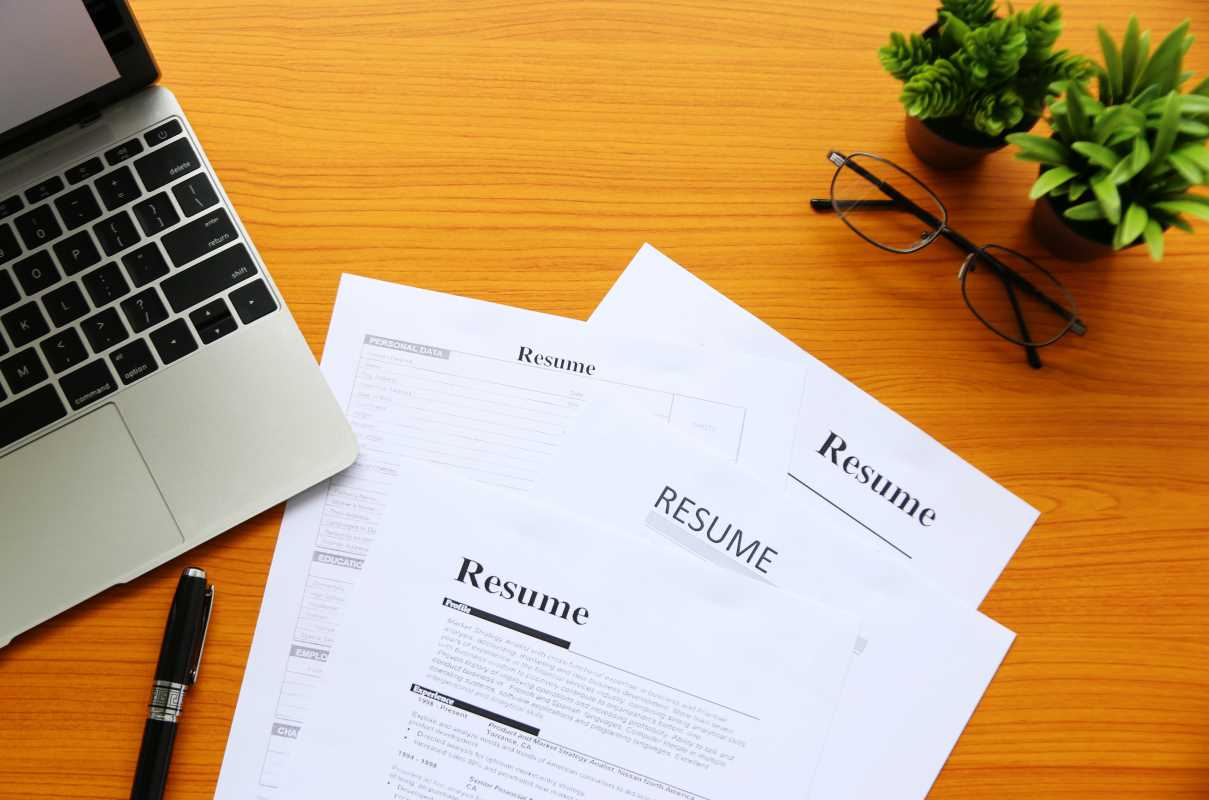We’ve all been there, sitting in a job interview, dreading the inevitable question: "What is your biggest weakness?" For years, the standard advice was to give a fake answer, like "I'm a perfectionist" or "I just work too hard." But what if our weaknesses aren't something to hide or disguise? What if they are actually our greatest strengths in disguise, just waiting for the right perspective? Every personality trait, even those we see as flaws, has a flip side. That tendency to overthink things might also mean you're incredibly thorough. Being "too sensitive" could be the source of your powerful empathy. The key isn't to eliminate our weaknesses but to understand them, own them, and learn how to reframe them as powerful assets in the workplace. This isn't about tricking your boss; it's about genuinely understanding your own unique wiring and learning how to make it work for you.
The Overthinker Becomes the Master Strategist
Do you find yourself analyzing every possible outcome of a decision? Do you spend hours researching a topic before you feel ready to move forward? This trait, often labeled as "overthinking" or "analysis paralysis," can feel like a major weakness when you need to move quickly. However, this same tendency is the raw material for a master strategist. Your instinct to consider every angle means you are less likely to be blindsided by unexpected problems. You naturally excel at risk assessment, detailed planning, and identifying potential flaws in a plan that others might miss.
To turn this weakness into a strength, you need to channel your analytical power. Offer to be the person on your team who "pressure tests" new ideas. Volunteer to create detailed project plans and contingency strategies. Your ability to see the whole chessboard makes you invaluable in preventing costly mistakes. The trick is to give yourself a deadline for the analysis phase so you don't get stuck, allowing you to deliver your thorough insights in a timely manner.
The "Too Sensitive" Person Becomes the Empathetic Leader
Are you often told you're "too sensitive" or that you "take things too personally"? In a tough, fast-paced work environment, this can feel like a liability. But this sensitivity is the bedrock of high emotional intelligence. Your ability to pick up on the subtle moods and feelings of those around you is a rare and powerful skill. You are likely the first to notice when a colleague is struggling, when a client is unhappy despite saying everything is fine, or when team morale is low.
Leverage this superpower by focusing on roles that require strong interpersonal skills. You are naturally suited for customer-facing positions, team leadership, and HR roles. You can become the emotional glue of your team, fostering a supportive and psychologically safe environment. Your empathy allows you to build deep trust with clients and colleagues, making you an exceptional mediator and relationship builder. Your sensitivity isn't a weakness; it's your radar for the human element of business.
The Impatient Person Becomes the Agent of Efficiency
Do you get frustrated by slow processes, long meetings, and bureaucratic red tape? Your impatience might annoy some, but it's also a powerful engine for progress and efficiency. You have a low tolerance for wasted time and an innate desire to find the fastest route from point A to point B. While others are content with the status quo, you are constantly asking, "How can we do this better and faster?"
Harness this energy by becoming an advocate for process improvement. Look for bottlenecks in your team's workflow and propose solutions. You could be the one to find a new software that automates a tedious task or suggest a way to streamline meetings to make them more productive. Your impatience, when framed as a drive for efficiency, makes you a change agent who helps the entire organization become more agile and effective. Your intolerance for delays can save the company its most valuable resources: time and money.
The Disorganized Creative Becomes the Idea Generator
Is your desk a mess? Do you jump from one idea to another, leaving a trail of half-finished projects in your wake? While disorganization can be a real challenge, the chaotic mind is often a brilliantly creative one. Your brain doesn't think in a straight line, which allows you to make connections that more linear thinkers miss. You are the person who comes up with the out-of-the-box solution that no one else considered.
Instead of fighting your nature, lean into your role as the idea generator. Be the go-to person for brainstorming sessions. When the team is stuck on a problem, your non-linear thinking can provide the breakthrough. The key to making this work is to partner with someone who is highly organized. Your job is to create the brilliant ideas; their job is to help you structure them and see them through to completion. This symbiotic partnership turns your creative chaos into tangible innovation.
The Stubborn Person Becomes the Resilient Finisher
Are you known for being stubborn or "dug in" on your opinions? This trait can lead to conflict, but it's also the very definition of persistence. When you believe in something, you don't give up easily. You have the grit and determination to push through obstacles that would make others quit. In a world full of distractions and difficult challenges, your stubbornness is a form of resilience.
Channel this tenacity toward important, long-term goals. When a critical project hits a major roadblock, you are the one who will refuse to let it fail. Your stubborn refusal to accept defeat makes you the ideal person to champion difficult initiatives. To keep this trait from becoming a negative, focus on being stubborn about the goal, but flexible about the path to get there. Listen to other ideas on how to achieve the objective, but never lose sight of the finish line.







